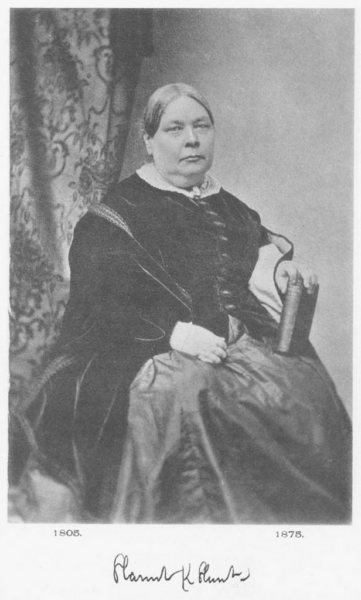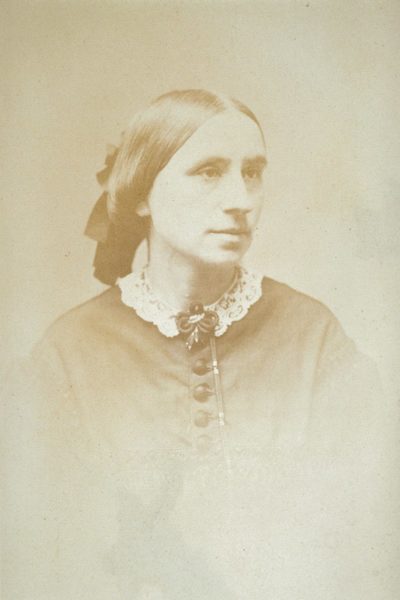Read More About the First Women Doctors
Articles by Lydia Reeder
Silver Wedding
by Lydia Reeder
(from The History Reader)
For two days, on June 27 and 28, 1860, Dr. Harriot Kezia Hunt’s Boston home teemed with activity. Housemaids arranged dozens of flowers—roses, lilies, chrysanthemums, sunflowers—into beautiful bouquets, filling the entire house with delightful scents. In the kitchen, the cook prepared assorted pound cakes, strawberry tarts, baked pears, and a towering bridal cake.
To celebrate her twenty-five-year career in medicine, Hunt invited colleagues, friends, and patients to what was described as her “silver wedding” anniversary. The abolitionist newspaper The Liberator, published by William Lloyd Garrison, referred to the occasion as “the 25th anniversary of the union of Miss Harriot K. Hunt and Harriot K. Hunt, M.D.” Nearly fifteen hundred visitors arrived to congratulate Hunt on her well-lived life.
Caring for women’s health had been deeply fulfilling for Hunt. Before Elizabeth Blackwell became the first American woman to graduate from medical school in 1849, Hunt had already been advocating for women’s education in medicine. A decade earlier, she trained in the growing field of eclectic medicine — herbal treatments, water cures, and human hygiene — and was recognized throughout New England as the first woman in America to practice medicine professionally.
Read the full article.

How Dr. Marie Zakrzewska Created Boston’s First Hospital By Women, For Women
by Lydia Reeder
(from Literary Hub)
In 1863, about a year before twenty-one-year-old Mary Putnam joined the New England Hospital as an intern, Dr. Marie Zakrzewska was making her rounds when she received word that a gentleman had arrived and was insisting on seeing her. Full of curiosity, Zakrzewska quickly finished her rounds and went to her office. Her visitor stood at once, shook her hand, and gave her his card, which read H.R. Storer, M.D. Zakrzewska blinked with surprise because she recognized the name. She was even more astounded when he told her that he wanted to apply for the attending surgeon position she had only just posted.
Horatio Storer had an exceptional reputation. His father was the dean of the faculty of medicine at Harvard Medical School. Horatio graduated from Harvard Medical School in 1853 and then, like Emily Blackwell, studied surgery with James Young Simpson in Edinburgh. He returned to Boston in 1855 and began practicing medicine, with an emphasis on obstetrics and gynecology, and lecturing at Harvard. He had also worked as an attending physician at the Boston Lying-In Hospital until it was forced to close because too many women were dying from postpartum infections. Although he was in private practice and taught a gynecology class at Harvard, Storer wanted to make use of his surgical talents. Zakrzewska hired him on the spot.
Read the full article.

